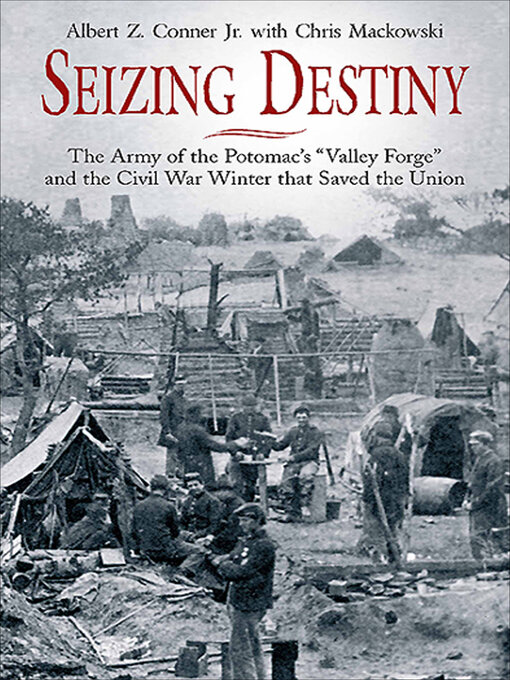- Available now
- New eBook additions
- New kids additions
- New teen additions
- Most popular
- Try something different
- All eBooks
- Always Available eBooks
- See all
- Available now
- New audiobook additions
- New kids additions
- New teen additions
- Most popular
- Try something different
- All Audiobooks
- Always Available eAudio
- See all

